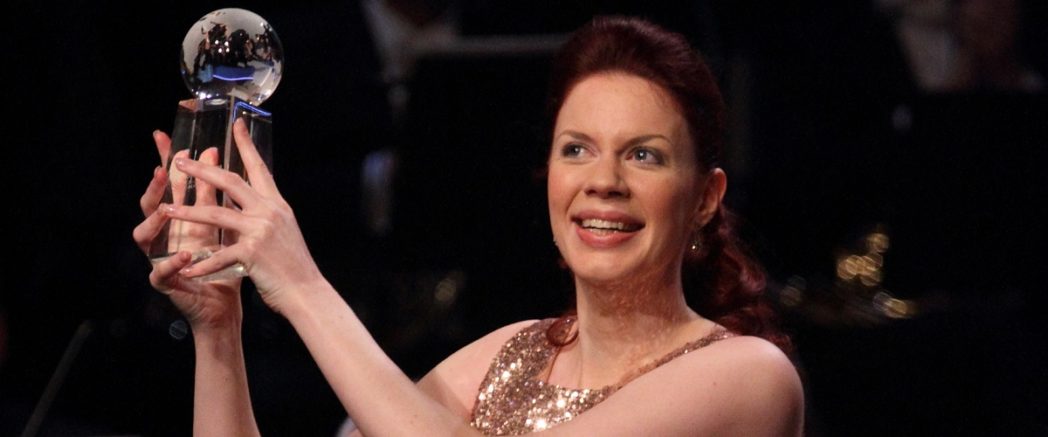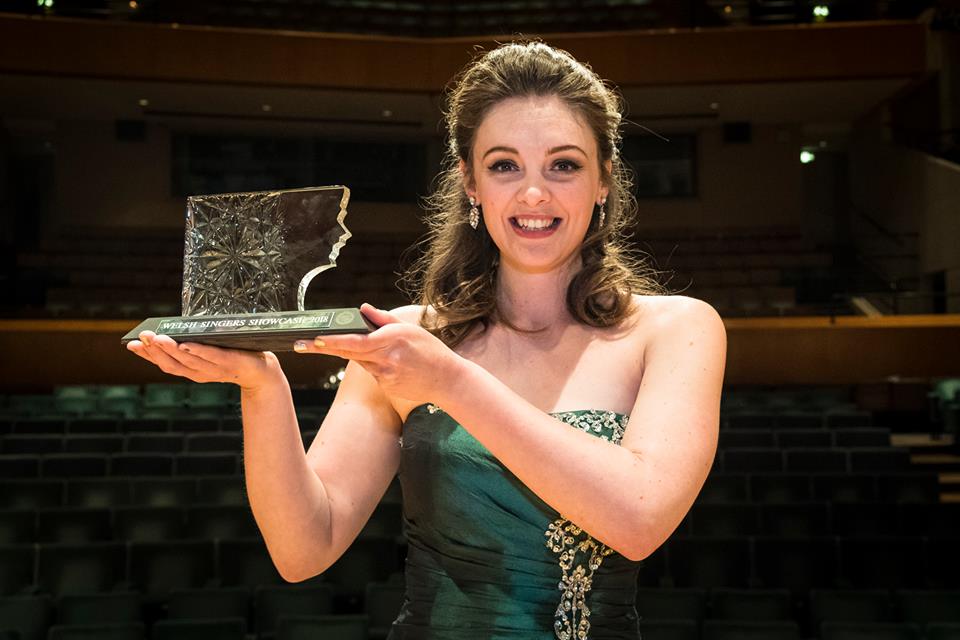Cath Barton looks forward to BBC Cardiff Singer of the World 2019, the biennial world renowned music prize to be held in Cardiff from 15th June to 22nd June 2019.
What surprises will the BBC Cardiff Singer of the World 2019 competition bring this year? After the 2017 competition cultural commentator Norman LeBrecht criticised the BBC for what he saw as their failure to promote public or media interest in it. Fortunately, his fear that they were losing interest in it has proved unfounded; it is back this year and promises to be as fascinating as ever. The competition was set up by BBC Wales in 1983 to celebrate the opening of St David’s Hall, and the heats of the Main Prize and finals of both that and the parallel Song Prize have taken place there every two years, without interruption, ever since.
Competitions are important for young opera singers seeking international careers. Casting directors working for opera houses around the world will be in Cardiff to hear the singers taking part in Cardiff Singer between 15th and 22nd June. It is interesting to see that all of the competitors have also chosen to take part in the optional Song Prize competition. This showcases a different side to their voice and performance, with the heats taking place in the intimate setting of the Dora Stoutzker Hall at the Royal Welsh College of Music and Drama. The singer is on stage alone with a pianist, with no role to hide behind, and so different from the opera stages of today, where the singer has to project over an orchestra and dynamics are mostly loud or louder.
Not all singers will be equally at home on the operatic stage and in the recital room, but the American mezzo Jamie Barton triumphed in both competitions in Cardiff in 2013, and in 2017 Scottish mezzo Catriona Morison was joint winner of the Song Prize – with Mongolian baritone Ariunbaatar Ganbaatar – as well as taking the Main Prize in a tight and thrilling final. Morison was the first British singer to take the Cardiff Singer title, although Bryn Terfel came close in the 1989 competition. He took the Song Prize that year, but the Main Prize went to the liquid-voiced Russian baritone Dmitri Hvorostovsky, who went on to have a stellar career. As indeed has Terfel of course.

There are other voices that also stand out for me from past competitions. In 2011 the South Korean coloratura soprano Hye Jung Lee gave a stunning performance of the stratospheric aria I Am the Wife of Chairman Mao from Nixon in China by John Adams. In the same year Irish mezzo Máire Flavin charmed listeners with Manuel Rosenthal’s La Souris d’Angleterre in her song programme. I remember vividly the spellbinding unaccompanied singing of Irish soprano Helen Kearns in 2009, and that year there was also a rare counter-tenor in the competition, the Ukrainian Yuriy Mynenko, who reached both finals and wowed audiences.
This year 400 entrants have been whittled down to 20 competitors, representing 15 countries, from China to Guatemala. Wales, as host country, has a place in the competition as of right, decided through the Welsh Singers Showcase competition. Mezzo Angharad Lyddon represents Wales in 2019. She has no Welsh song in her published recital programme, sadly. It will be interesting to hear other competitors singing songs from their home countries. For example Australian soprano Lauren Fagan has included two songs by Alfred Hill, who, with his wife Mirrie, contributed many songs to the Australian exam repertoire of singing students in the mid 20th century. It will be good to hear contemporary repertoire too. Soprano Camila Titinger, who represents Brazil, is singing Black Anemones from Two Songs of Aguedo Pizarro by American composer Joseph Schwantner, while English mezzo Katie Bray has included Jonathan Dove’s Song of the Dry Orange Tree from his 2011 song cycle Cut my Shadow.

The competitors’ choices of music for the Main Prize heats are, as is to be expected, largely from standard repertoire, though we may get some surprises in the grand final on June 22nd, when we hear the winners of each of the four heats, plus a wildcard entrant chosen by the jury chaired by David Pountney.
Alongside the competitions there are, as in previous years, masterclasses given by members of the juries, and this year there is an expanded programme of fringe events, with lunchtime concerts at the RWCMD from students at its David Seligman Opera School and others, including a recital by Swedish mezzo Katarina Karnéus, winner of Cardiff Singer in 1995, with Julius Drake, piano. The fringe includes opera on film at Chapter Arts Centre and choral concerts in the Great Hall of Swansea University, and there’s also a talk illustrated by songs performed by opera student Bernice Chitiul at the one-time home of the 19th century diva Adelina Patti – described by speaker Deborah Perkin as the Lady Gaga of her day – at Craig-y-Nos in the Brecon Beacons.
There will be wide coverage of all the concerts in both the main Cardiff Singer competition and the Song Prize on BBC radio, TV and online. And everyone – including listeners at home – can vote for the singer they would like to win the Dame Joan Sutherland Audience Prize, which this year is dedicated to the memory of Dmitri Hvorostovsky, who died in 2017.
Cath Barton won the New Welsh Writing AmeriCymru Prize for the Novella with The Plankton Collector, which is published by New Welsh Review under their Rarebyte imprint. Her second novella will be published by Louise Walters Books in 2020, and in early 2021 Retreat West Books will publish her collection of short stories inspired by the work of the Flemish artist Hieronymus Bosch.



 Enjoyed this article? Support our writers directly by buying them a coffee and clicking this link.
Enjoyed this article? Support our writers directly by buying them a coffee and clicking this link.








